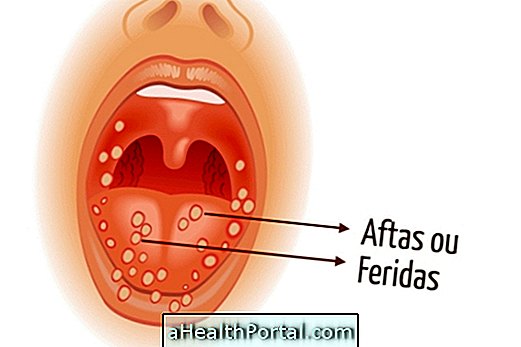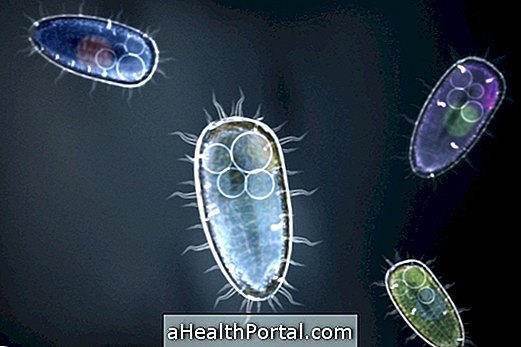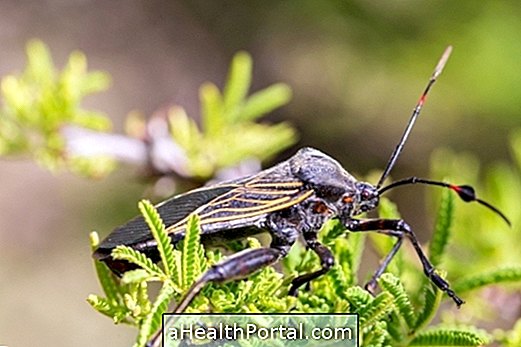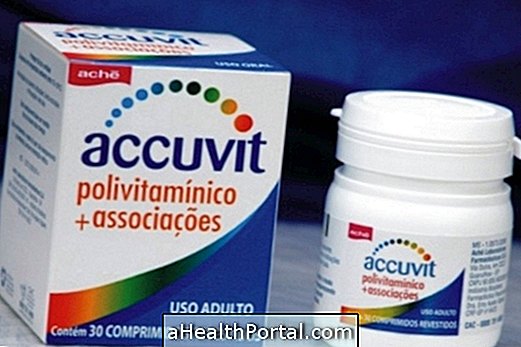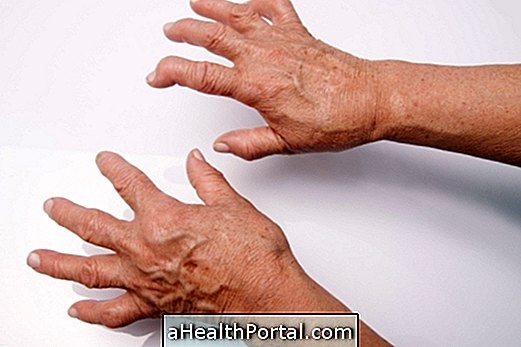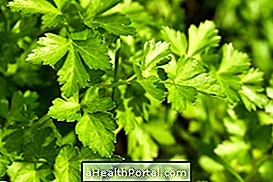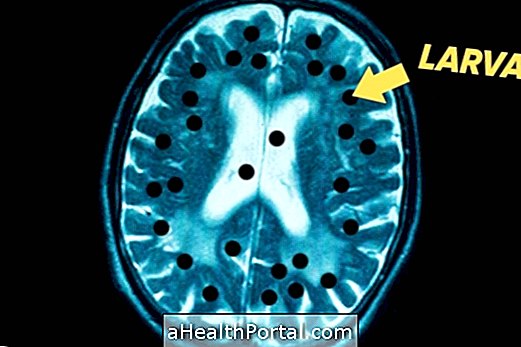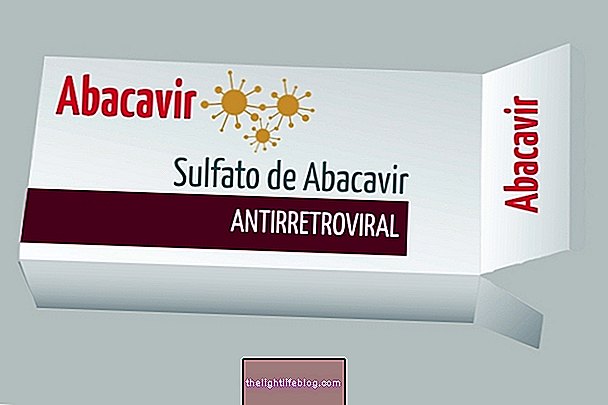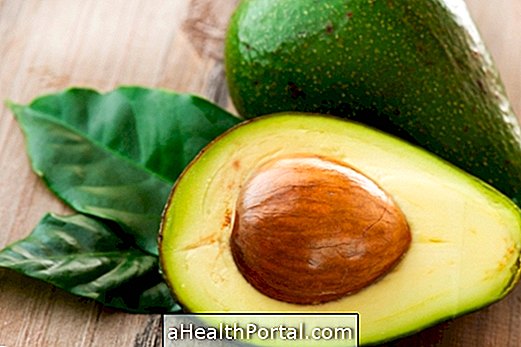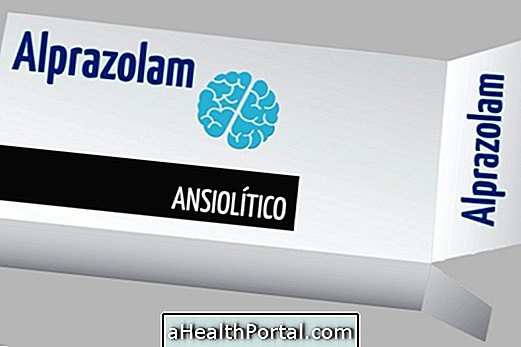Hantavirus is an acute and severe disease, transmitted by a virus called hantavirus, which is present in the feces, urine and saliva of rodents, especially wild rats.
Most of the time, the infection of people happens by inhalation of particles of the virus suspended in contaminated dust. The first symptoms can arise after about 2 weeks of infection, there may be fever, vomiting, headache pain in the body and then progress with the compromised lungs, heart or kidneys, which can be very serious.
Treatment is done in the hospital with breath-holding measures and vital data as there is no specific treatment to cure hantavirus. Thus, it is very important to prevent the disease, avoiding to keep debris that can house rats around the house, avoid dusting environments that were closed and that can house rodents and always keep food stored in a way that can not be contaminated by rats.
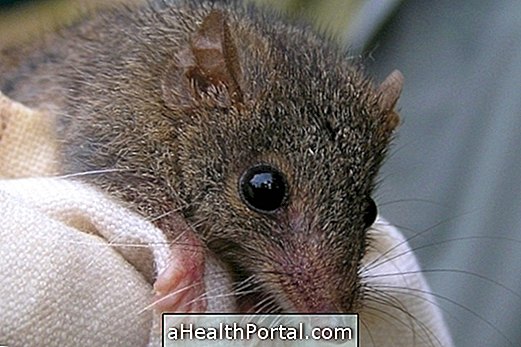
Main symptoms
The first symptoms of hantavirus can appear between 5 and 60 days (on average 2 weeks) after infection, and may include fever, headache, tiredness, muscle aches, nausea, vomiting or abdominal pain. This initial picture is non-specific and difficult to differentiate from other infections such as influenza, dengue or leptospirosis, for example. Learn more about the symptoms and treatment of leptospirosis, which can also be transmitted by rats.
After about 3 days, respiratory symptoms may occur, with cough, sputum production with mucus and blood and shortness of breath, which can progress to respiratory failure due to fluid accumulation in the lungs, blood pressure drop and circulation collapse blood. This condition is called the Hantavirus Cardiopulmonary Syndrome (SCPH) .
In other cases, the disease can lead to impaired kidney function, with decreased urine production, called oliguria, accumulation of urea in the blood, bruising and petechiae in the body, bleeding risk, and failure of the functioning of various organs. the Hemorrhagic Fever with Renal Syndrome (FHSR) .
Recovery is most likely when the person has an adequate treatment in the hospital, which can last from 15 to 60 days, and may still have sequelae such as chronic kidney failure or hypertension, for example.
How to confirm
Confirmation of the diagnosis of hantavirus is made through immunological blood tests that show antibodies against hantavirus or tests that identify the virus's genome.
Mode of transmission


The main form of transmission of hantavirus is by inhalation of virus particles that are excreted into the environment through the urine and feces of infected rodents, which may be suspended in the air along with the dust.
Other possible forms are through consumption of contaminated food, contact of the virus with skin or mucosal wounds or, more rarely, through the rat bite.
So the people at greatest risk of infection are those who work with sheds and barns that can house rodents and in reforestation areas, people who go to food depots, or people who camp or hike in wild environments.
In Brazil, the regions most affected by hantavirus are South, Southeast and Center-West, especially in regions linked to agriculture, although there may be contaminations in any location. check out more about the characteristics and mode of transmission of hantavirus.
How is the treatment done?
The treatment for hantavirus is to control the symptoms of the disease, and there is no specific medicine to control the virus. Treatment is usually done in the hospital and, in the most severe cases, even in intensive care units (ICUs).
During treatment, support of respiratory capacity, due to the development of cardiopulmonary syndrome, in addition to the control of renal function and other vital data, may be necessary, in some cases, hemodialysis or respiration by devices.
How to prevent hantavirus
To prevent hantavirus, it is recommended:
- Keep the house surroundings clean and free of vegetation and debris that may house rodents;
- Avoid sweeping or dusting places that may be rodents, preferring to wipe with a damp cloth;
- When entering places that have been closed for a long time, try to open windows and doors to let air and light enter;
- Always leave food well stocked and out of rodent access. Check out tips on how to avoid food contamination;
- Wash kitchen utensils that are stored for a long time before using them.
In addition, it is advised to always thoroughly clean hands and food before eating, as they may contain virus particles. Check the steps to properly wash your hands.

